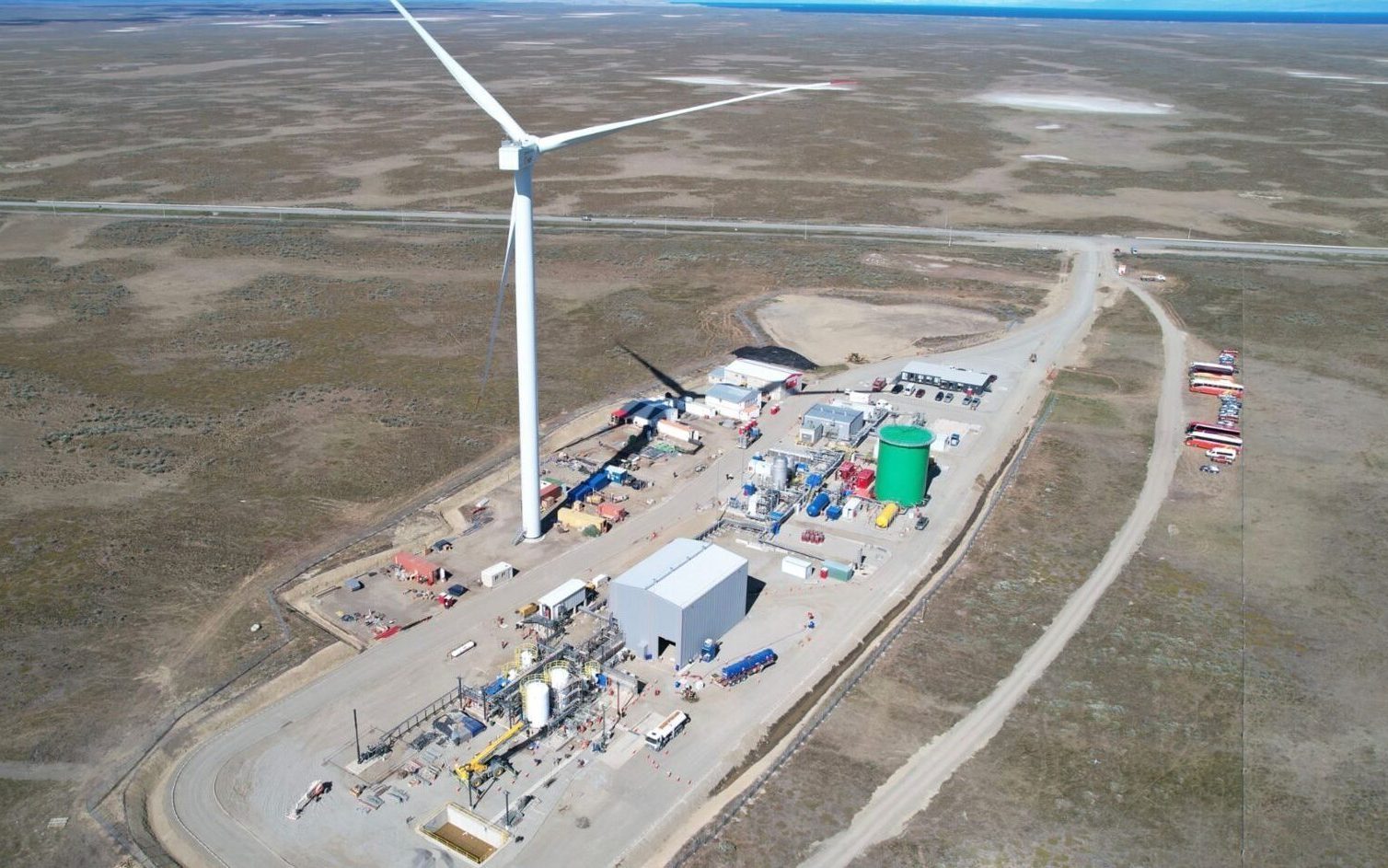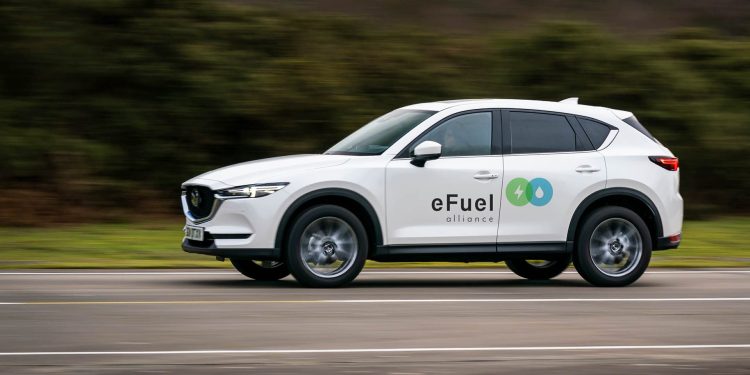Support for e-fuels stalls as Germany drops declaration
Words: Harrison Wade | Photo: eFuel Alliance
Germany has dropped its declaration calling for more support for e-fuels after just a handful of countries backed the technology’s future use.
Transport Minister Volker Wissing was hoping to use the recent IAA Mobility show in Munich to announce support for carbon-neutral fuels which are said to drastically reduce emissions produced by the existing fleet of internal combustion engine (ICE) cars.
However, support only came from Japan, Morocco, and the Czech Republic, each of which signed a declaration asking them to invest in new e-fuel plants, openly share knowledge of the technology, and defend “technological neutrality”, according to a report by Politico.
With a lack of names on paper, there was nothing for Germany to show, prompting the nation to give up on its efforts to offer an alternative emissions-free mobility solution to electric vehicles.

E-fuel (or synthetic fuel) is produced by sucking carbon dioxide out of the atmosphere and synthesizing it with hydrogen to create a combustible liquid, using sustainable energy to do so. The fuel can then be used in almost any car fitted with an internal combustion engine.
However, e-fuels are still in their infancy as they are produced in small quantities, aren’t available to the public, and are extremely costly, around 30 times more than the current average price of 91 octane per litre in New Zealand ($2.98).
A number of carmakers are still committed to developing the technology, including Toyota and Mazda. Another well-known supporter of e-fuels is Porsche, which has been producing the petrol alternative at its very own pilot plant in Chile since the end of last year.
It isn’t all doom and gloom for the combustion engine though, as the European Union (EU) is still going ahead with its legal exemption for the production of new ICE-powered vehicles after 2035, but only if they’re run exclusively on e-fuels.





